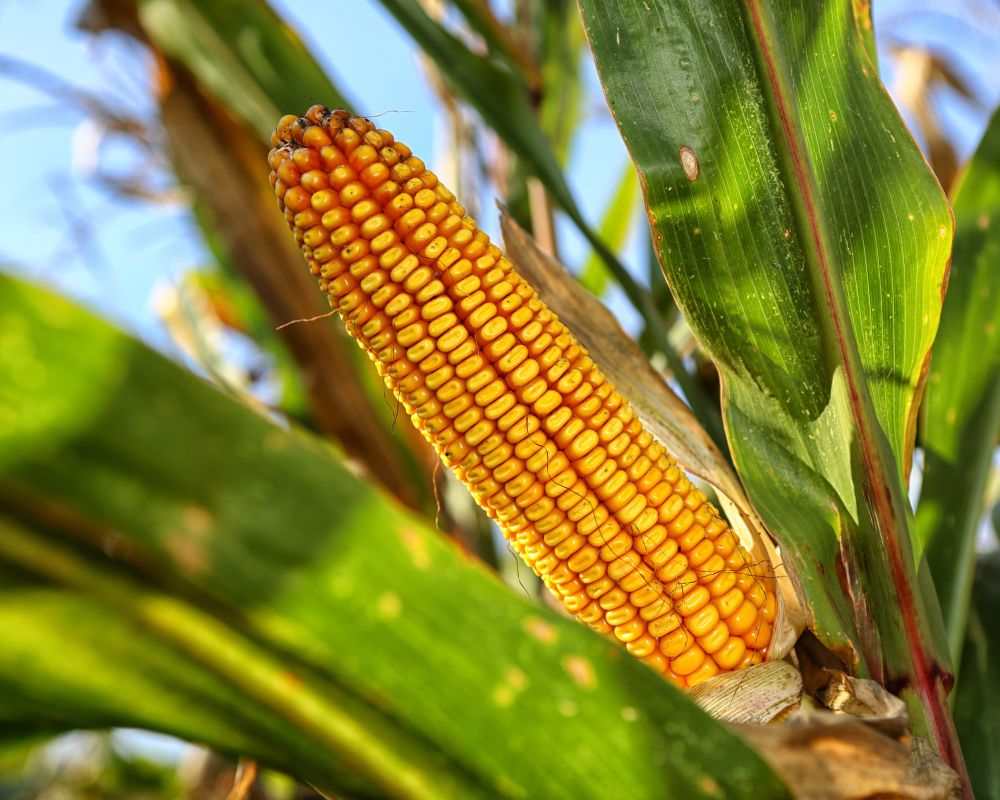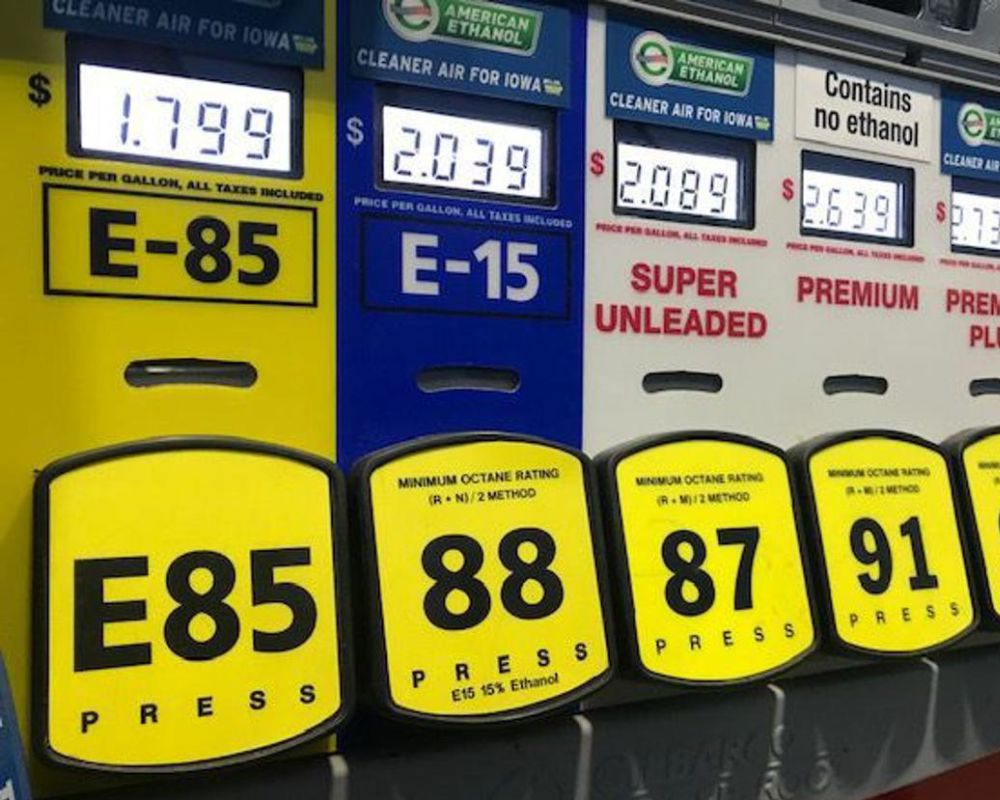Why to go for E85 gas?
E85 gas is a sustainable and affordable fuel option
E85 is the most sustainable and affordable fuel available at the pump. E85 gas is a mix that contains up to 83% of ethanol while the rest is gas. Ethanol, a renewable fuel, has been blended in gasoline in the U.S. for over 40 years, helping reduce vehicle emissions, improve air quality, increase our energy independence, and lower consumer fuel prices. As a result, ethanol is responsible for removing the carbon equivalent of 12 million cars from the road each year.

How can i use E85 gas?
If you are driving a modern vehicle you are probably already using ethanol that is blended in small quantities in 98% of all the fuel sold in the U.S. So why not go all the way to E85 gas? If you do not drive a flex fuel vehicle certified for E85, eFlexFuel is your best bet. It’s the best-selling EPA approved E85 conversion kit that converts your engine to flex fuel. This means that you can run regular gas, E85, or both in any mix. eFlexFuel adjusts the engine for the fuel blend automatically, keeping the fuel consumption and emissions always optimized.
Find out if we have a kit for your vehicle
Check compatibility

E85 gas is a win for the environment
The rise of global temperatures and cataclysmic natural disasters and weather events have intensified discussions around carbon’s role in climate change. With renewable fuels like E85 gas, we don’t have to wait and hope for major technological or economic breakthroughs; the fuel is available now at a low cost to drive the decarbonization of liquid fuels. Furthermore, as E85 gas burns more completely it also produces fewer toxic emissions like carbon monoxide and fine particulate matters.
E85 gas is made in the USA
Ethanol, the main ingredient in E85 gas, is made from corn grown in 27 US states. More than 68,000 American jobs are directly associated with ethanol production. When you choose to fill up with E85, you're spending your money on fuel that's produced by American farmers.
Keep in mind that if you convert to E85 gas with eFlexFuel, you can still fill up with regular or premium if needed.
Find The Nearest E85 PumpE85 GAS COSTS LESS THAN REGULAR
If you have seen E85 gas for sale at your local filling station, you probably already know that E85 costs less than regular.
While prices are always changing and vary from one region to the next, E85 can be up to 25% less costly than regular. Furthermore, E85 gas comes with at least 100 octanes, whereas regular only has 87 and premium 91 or 93. So you get more octanes for less money! And while it is true that vehicles aren’t as fuel efficient when burning E85 gas, many people who have added E85 conversion kit to their vehicle report saving hundreds of dollars a year on fuel.
And if your engine requires high-octane premium? The savings are even greater.

E85 Frequently Asked Questions
Are All Vehicles E85 Gas Compatible?
Right off the factory floor? No. But with an eFlexFuel E85 flex fuel conversion kit, most hybrid and conventional engines are likely compatible. See the year/make/model lookup tool to find your vehicle.
What Is E85 Gas Fuel?
E85 gas is a fuel blend that contains 51% to 83% of ethanol and the rest is gas. Ethanol is a renewable fuel made from plant materials and corn biomass by way of a biochemical process that converts starch to sugars, which then ferment into alcohol.
Does E85 Gas Have an Effect On Engine Performance?
E85 gas has more than 100 octanes. That's one potent fuel. With an eFlexFuel E85 conversion kit and a tank full of E85, you could see anywhere from 1% to 15% in power gains.
Can E85 Damage Your Engine?
If you convert to E85 gas with eFlexFuel our technical team always first makes sure your engine is compatible. As long as your vehicle is compatible, you will not see any downsides or damage to the fuel pump, fuel injectors, and fuel lines.